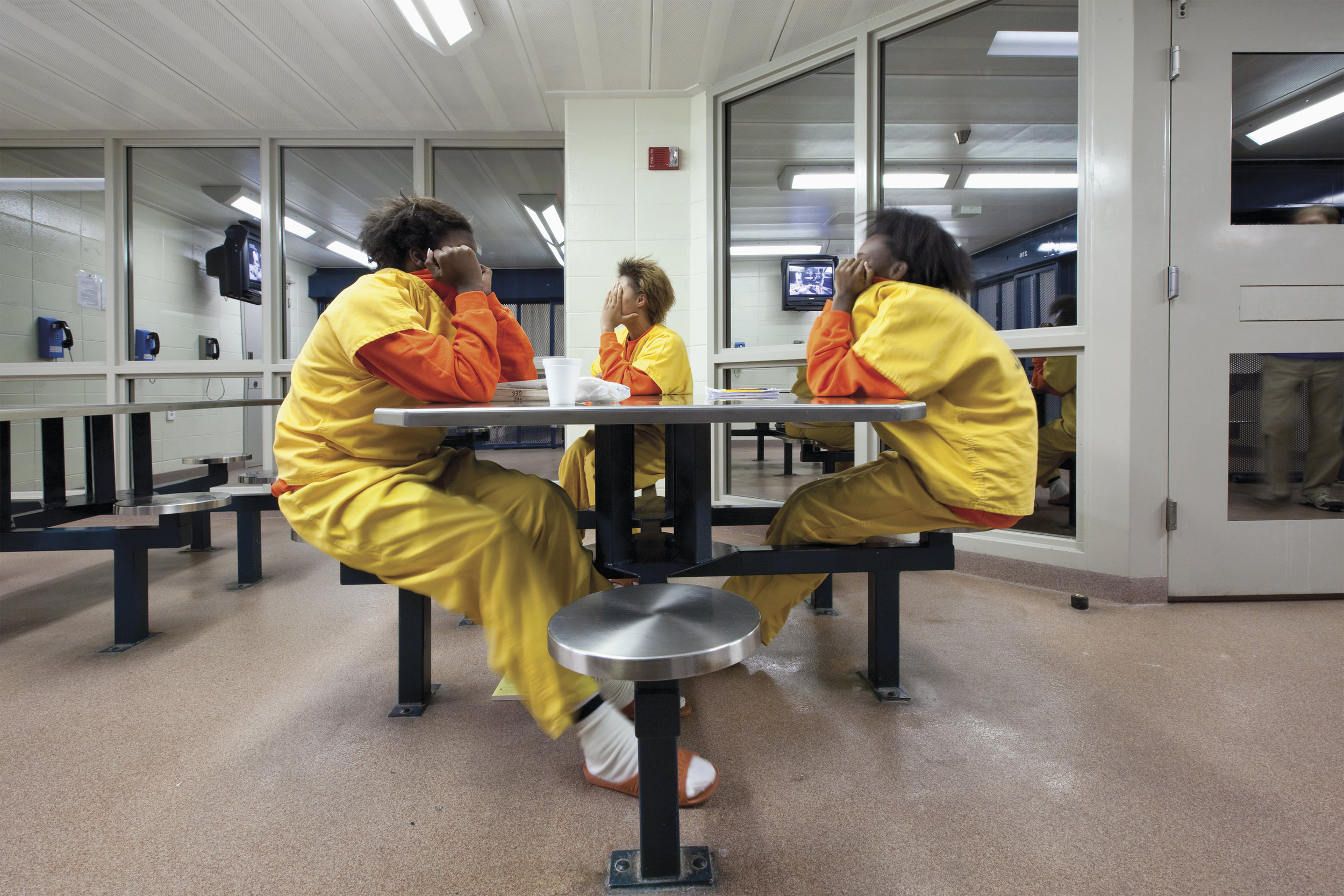By Jason Sexton
It was the end of an era. But one that must be told.
I watched it growing up in Tracy, a California prison town. Older guys would leave for prison. Bay Area rappers spoke of being brought up middle-class yet catching cases, doing “lock-down” in Preston. Fast juvenile crime and doing time earned stripes and cred for a meaningful street economics.
Racist social injustice yielded police brutality that swelled into events like the Rodney King riots. I was expelled from high school that year, my freshman year; a big gang fight.
The wider scenario everyone knew of but didn’t speak much about—someone [anyone!] would sort this out. Lock ‘em all up.
The scenario, especially in the slowly burning-over suburbs, was fueled by transient youth moving around with their families into more affordable living situations, hoping for a better life. Kids need identity, and often found it in gangs and crime. This was the tempest fueling mass juvenile incarceration during California’s 80s and 90s. CYA held over ten thousand in 1996, when I was there. Conservatively, that’s 135% capacity.
But it’s over now. Closing eleven of fifteen prisons in the past twelve years, it’s over. Kids are not held in cages, raped and abused, made to fight to survive in our prisons. Growing research continues arguing that juvenile incarceration doesn’t work. We’ve climbed out of the abyss.
I’m confronted with it as my children get older. They often wonder about my childhood, where I grew up, where my tattoos came from, what constituted my friendships, how I grew up.
A lot goes unspoken, but they wonder and appreciate a warm friendship I maintain with one of my former cell-mates. What is this profound friendship, easily quickened and rekindled with the depth of familial blood, or more?
Their eyes were opened December 2012. Living in England on a Cambridge postdoc, we travelled home to California for Christmas. We spent the holiday with my grandmother in Reno.
She asked if I wanted to visit the downtown art gallery and insisted I go. It was on juveniles in prison. She didn’t realize what she was asking. It’s not easy staring back into the abyss that was one’s former dwelling. But I obliged.
The gallery was more important for my own healing than I realized at the time, for which I’m profoundly grateful to Richard Ross. I took my kids, pointing out places I lived (Ventura, &c.). I wept once or twice. The gallery took me back where I hadn’t been in fourteen years. My children didn’t have words, and I had few to give them.
In my mind I go back more frequently now, teaching university courses on U.S. Institutions and Values, focusing on the prison. I teach an intensive Whittier College course on prison religion. Sometimes I write about prison.
I’ve recently been involved in discussions about the redevelopment of the oldest California juvenile prison, in Whittier, named after eugenicist Fred Nelles. I’ve taken students to it, always with a deep sour feeling in my chest, wishing I didn’t have to.
After a talk Miroslava Chavez-Garcia gave recently, a heated discussion about Nelles transpired. A former Nelles guard was asked pointedly by another audience member if he’d confirm that juveniles were abused there. Hesitating, he responded, “Not on my watch; and when I was there I didn’t tolerate it.” Then, in a flash of foolish honesty, “Nothing happened to them that they didn’t already have coming and didn’t deserve!”
My undergraduate students heard it, and were stunned. The state archivist was shocked. I wasn’t.
I recently took my twelve year old son to Whittier City Planning Commission discussions about the Nelles redevelopment. He was bored, but still wonders. He feels things about the prison, but has few words for it now. Yet his favorite author is Luis J. Rodriguez. I wonder how he will read the era of mass juvenile incarceration.
As they voted 3-2 to develop the Nelles site, one commissioner urged the acknowledgement of those who went through the system and made something of their lives. Nice idea. But we don’t know who these are. There remains a shame and stigma accompanying those who served time as juveniles, especially in their own minds, and in their families, and cities. They don’t want to be known.
We did time for things still difficult to make sense of and speak of. The number of exploding plea bargains must have been obscene (I’d love to know the number), generating endless lambs for the abattoir. This isn’t France, where once a carceral sentence is served nobody dares speak of it. Nosy Americans want to know. “What did you do?” “What were you in for?” Admitting one was incarcerated is not easy, and risky. The abyss is real. Americans love its utilitarian function for dealing with the “other.” But in this moment, should the tens of thousands of formerly incarcerated youth from the era of mass incarceration dare look? Should they come out? Perhaps they’re damned if they do, and damned if they don’t. But they’ve been damned before.
Sometimes I wonder if we’ve really climbed out of the dark era of U.S. juvenile mass incarceration. Perhaps it’s still trivial for some, perhaps for politicians, who likely won’t bring any lasting change. I worried about this recently as did someone serving life from a juvenile sentence.
The mass youth incarceration era in California has ended, they proclaim. Or at least it’s on its way out with currently under a cool thousand in the state system. After being closed a decade, the forthcoming development of Whittier’s Nelles property signals the era’s final blow. (The ballooning county juvenile carceral situation is another story.)
Hopefully the ultimate end of the juvenile prison will come sooner rather than later. Those who endured its violent clutches continue trying to make sense of it, eager to make meaningful lives after such a destructive era. And we still struggle for words to speak to our children about it.
Jason Sexton is Lecturer in the Honors Program at California State University, Fullerton. He's writing two books on the prison, one introducing the subject of the prison to an evangelical Christian audience and the other giving an interdisciplinary theological account of the incarcerated church. He can be contacted at jsexton@fullerton.edu and his other work is found here: https://fullerton.academia.edu/JasonSexton



















